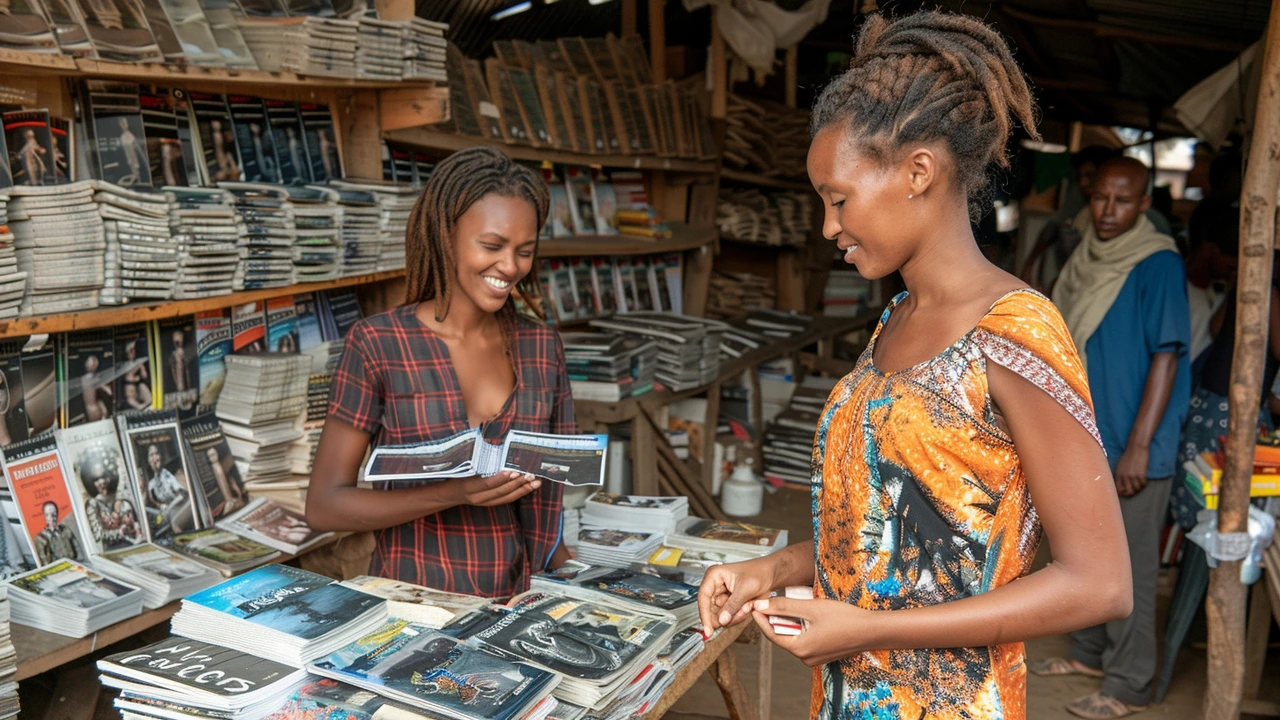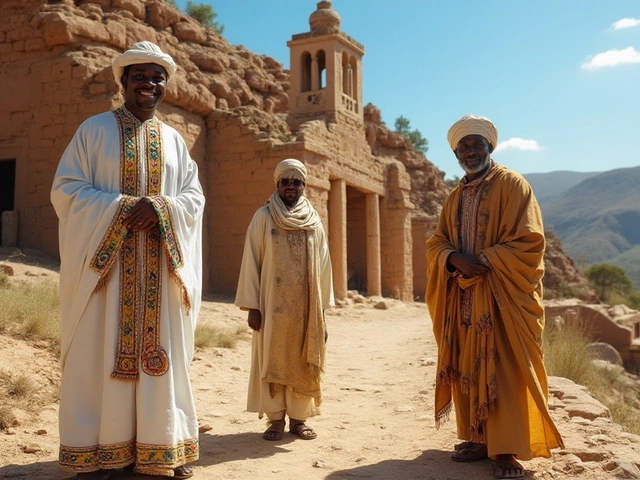Buy Property in Ethiopia: Straightforward Tips and Latest Trends
Thinking about buying property in Ethiopia? You’re not alone. More people are scouting Ethiopia’s property market, whether to invest, settle down, or just find out what’s possible on their budget. The country’s real estate scene is growing fast, especially in cities like Addis Ababa. Still, the process and prices can feel confusing, especially if you’re not used to how things work here.
First things first—can foreigners buy property in Ethiopia? In most cases, the answer is no, unless you’re an Ethiopian citizen or have strong local ties. However, expats often go for long-term leases, which is how most foreign investors access real estate here. If you’re local, or if you can partner with an Ethiopian citizen, snapping up a home is a lot simpler.
Let’s talk about prices. Addis Ababa is the priciest spot, so expect higher rates in emerging neighborhoods—from plush condos to more affordable apartments. On average, basic apartments start around 1.5 to 2 million ETB (about $28,000 to $37,000), but prices can shoot up for larger homes or luxury areas. In regions outside the big cities, costs drop a lot. For example, in Bahir Dar and Hawassa, you might score land and build much cheaper.
The paperwork is a big deal. A legit sales agreement and proof that the land isn’t on lease from the government are a must. Most land in Ethiopia is on leasehold, so when you’re "buying" a property, you often buy the right to use it for a set number of years—often 70 or 99. Check the lease period left before you sign anything. It’s smart to work with a lawyer or a trusted broker who knows the local ropes. They can spot red flags with fake titles or unpaid taxes, which are sadly pretty common in some areas.
If you’re looking for affordable homes to rent first or want investment tips, housing prices are influenced by local demand, proximity to new infrastructure, and migration. Folk moving to urban areas for jobs push up rent and sales rates—so keep an eye on current development projects, major roads, or industrial parks. Those hotspots usually boom fastest.
Buying a home in Ethiopia can be a solid way to prepare for the future, or just make day-to-day life way more stable. Just remember: always verify documents, don’t rush your payment, and tour the neighborhood. Some buyers skip this and run into real issues down the road. New construction? Double-check building permits and completion times—it’s not rare for developers to miss deadlines, even in high-end projects.
If you’re thinking long-term, home values in Addis Ababa and around big regional capitals tend to climb over the years, especially in zones getting new roads or commercial centers. Renting out a property is possible, but check local rules since short-term rentals in Addis and other cities face new regulations.
In short: Do your homework, ask around, and use trusted professionals. Ethiopia’s real estate market has lots of potential—but like anywhere, it pays off to be cautious and well-informed from the start.





